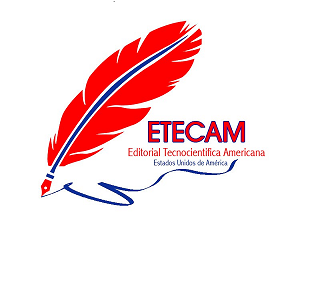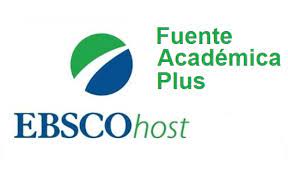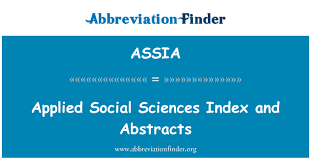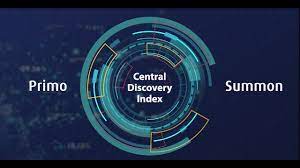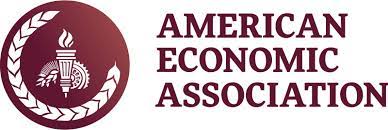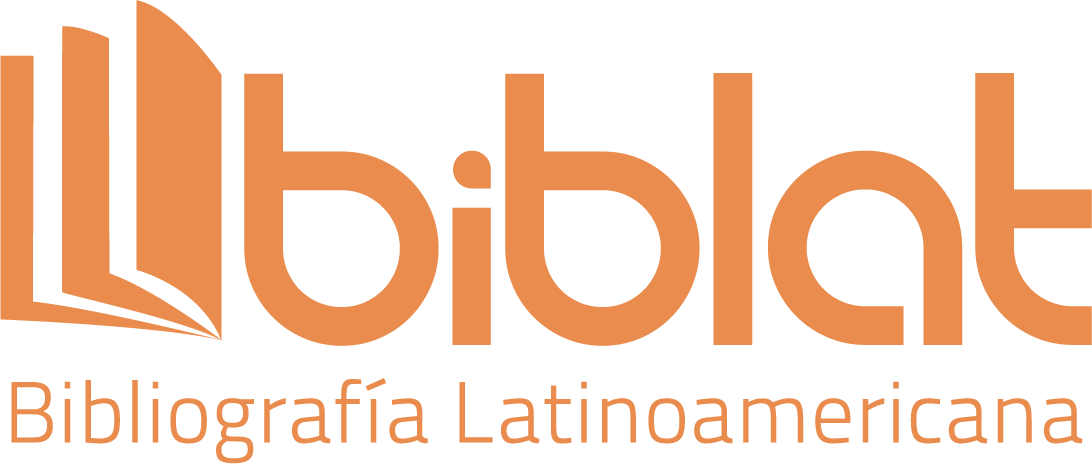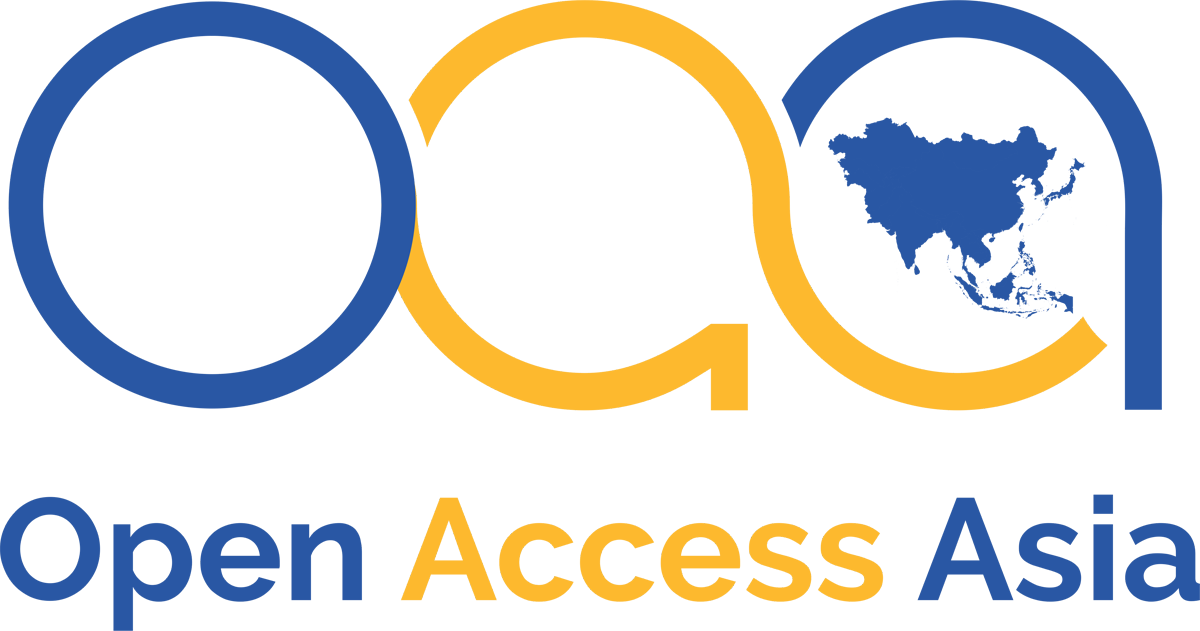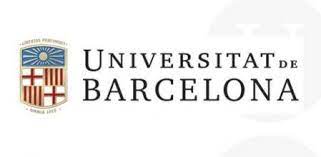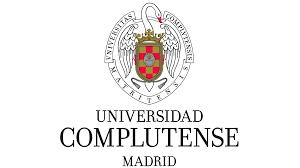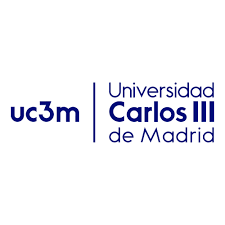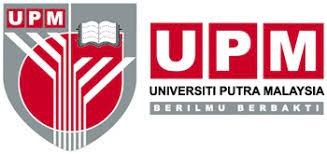Cognitive strategies for the development of working memory in third grade students at risk for dyscalculia
DOI:
https://doi.org/10.51736/sa.v7iEspecial%204.302Keywords:
dyscalculia, cognitive strategies, working memory, mathematical learning, educational interventionAbstract
Dyscalculia significantly affects mathematical learning in children, but cognitive strategies can mitigate this impact. This study aimed to design and evaluate strategies based on the development of working memory to improve mathematics learning in children at risk of dyscalculia. It was carried out at the Domingo Celi Fiscomisional Educational Unit in the canton of Paltas, province of Loja. A quasi-experimental design was used with a sample of 34 third grade students, identified with risk of dyscalculia by means of the Smartick test. The cognitive strategies were evaluated by a panel of experts and then implemented during four months, with three weekly activities. Specific tests were conducted to assess students' progress, using indicators such as understanding of numerical concepts, speed in problem solving and memory of numerical tables. The results showed significant improvements in several indicators of mathematical performance in the group of students at risk of dyscalculia, supporting the effectiveness of the cognitive strategies implemented to address specific difficulties in learning mathematics in this vulnerable group.
Downloads
References
Agostini, F., Zoccolotti, P., & Casagrande, M. (2022). Domain-General Cognitive Skills in Children with Mathematical Difficulties and Dyscalculia: A Systematic Review of the Literature. Brain Sciences, 12(2), 239. https://doi.org/10.3390/brainsci12020239
Aunio, P., Korhonen, J., Ragpot, L., Törmänen, M., & Henning, E. (2021). An early numeracy intervention for first-graders at risk for mathematical learning difficulties. Early Childhood Research Quarterly, 55, 252–262. https://doi.org/10.1016/j.ecresq.2020.12.002
Avila-Pesantez, D. F., Vaca-Cardenas, L. A., Delgadillo Avila, R., Padilla Padilla, N., & Rivera, L. A. (2018, August). Design of an augmented reality serious game for children with dyscalculia: a case study. In International Conference on Technology Trends (pp. 165-175). Cham: Springer International Publishing.
Bartelet, D., Ansari, D., Vaessen, A., & Blomert, L. (2014). Cognitive subtypes of mathematics learning difficulties in primary education. Research in Developmental Disabilities, 35(3), 657–670. https://doi.org/10.1016/j.ridd.2013.12.010
Bull, R., Lee, K., & Múñez, D. (2021). Numerical magnitude understanding in kindergartners: A specific and sensitive predictor of later mathematical difficulties? Journal of Educational Psychology, 113(5), 911–928. https://doi.org/10.1037/edu0000640
Castro, D., Amor, V., Gómez, D. M., & Dartnell, P. (2017). Contribución de los componentes de la memoria de trabajo a la eficiencia en aritmética básica durante la edad escolar. Psykhe (Santiago), 26(2), 1-17.
David, C. (2012). Working memory deficits in Math learning difficulties: a meta-analysis. International Journal of Developmental Disabilities (Print), 58(2), 67–84. https://doi.org/10.1179/2047387711y.0000000007
Espina, E., Prieto, J. M. M., & Maroto, A. (2023). Technological resources for early intervention in cases of Dyscalculia: A Deductive-Inductive Categorization. OBM Neurobiology, 07(04), 1–15. https://doi.org/10.21926/obm.neurobiol.2304191
Fonseca Tamayo, F., & López Tamayo, P. Á. (2021). Desarrollo del proceso de enseñanza-aprendizaje y el tratamiento al cálculo aritmético en escolares con discalculia. EduSol, 21(76), 100-115.
Guzmán, B., Rodríguez, C., Sepúlveda, F., & Ferreira, R. A. (2019). Sentido numérico, memoria de trabajo y RAN: una aproximación longitudinal al desarrollo típico y atípico de niños chilenos. Revista de psicodidáctica, 24(1), 62-70.
Jadhav, D., Chettri, S. K., Tripathy, A. K., Ghate, O., Chaudhari, R., & Avhad, S. (2023). Unlocking Math Potential: EDSense - A Personalized Intervention Tool for Children with Dyscalculia. In 2023 International Conference on Advanced Computing Technologies and Applications (ICACTA) (pp. 1-7). Mumbai, India. https://doi.org/10.1109/ICACTA58201.2023.10393795
Limache, J. J. Y. (2023). Estimulación cognitiva de la memoria de trabajo y resolución de problemas aritméticos en niños. Educa UMCH, (21), 137-146.
Pachito, J. S. C., & Loor, J. M. V. (2022). Estrategias para la discalculia en el aprendizaje de las matemáticas en los niños del subnivel 1 de educación inicial de la unidad educativa Albert Einstein de Portoviejo. Ciencia Latina Revista Científica Multidisciplinar, 6(4), 111-130.
Pantoja, L. M. Ortiz, J., & Patiño, L. (2023). Dificultades y errores en la resolución de problemas de tipo aditivo simple. Perspectiva, 8(S1), 64–76. https://doi.org/10.22463/25909215.4114
Peñaloza-Ochoa, S., & Ortega-Chasi, P. (2023, October). Computational Thinking as a Didactic Strategy for the Development of Mathematical Competencies in Problem-Solving. In Latin American Conference on Learning Technologies (pp. 86-100). Singapore: Springer Nature Singapore.
Pourdavood, R., McCarthy, K., & McCafferty, T. (2020). The Impact of Mental Computation on Children's Mathematical Communication, Problem Solving, Reasoning, and Algebraic Thinking. Athens journal of Education, 7(3), 241-253.
Upadhyay, U. T. (2021). Improving Well-Being, Academic Self-Concept and Academic Achievement of Indian Children with Specific Learning Disability by utilising Positive Psychology Intervention. Disability, CBR and Inclusive Development, 32(3), 105. https://doi.org/10.47985/dcidj.49
Vintimilla-Córdova, S. I., García-Herrera, D. G., Álvarez-Lozano, M. I., & Erazo-Álvarez, J. C. (2020). Smartick para el aprendizaje de matemática en estudiantes con necesidades educativas especiales. Episteme Koinonia: Revista Electrónica de Ciencias de la Educación, Humanidades, Artes y Bellas Artes, 3(6), 222-250. https://dialnet.unirioja.es/servlet/articulo?codigo=8976580
Vourletsis, I., & Politis, P. (2022, August). Developing computational thinking practices in primary education. outcomes from a school-year instructional intervention. In International Conference on Technology and Innovation in Learning, Teaching and Education (pp. 354-369). Cham: Springer Nature Switzerland.
Published
How to Cite
Issue
Section
License
Copyright (c) 2024 María Elizabeth Guamán Díaz, Olga Miranda Suarez Rivas, Evelyn Jazmín Henríquez Antepara, Giselle Aurelia Rodríguez Caballero

This work is licensed under a Creative Commons Attribution-NonCommercial-ShareAlike 3.0 Unported License.













